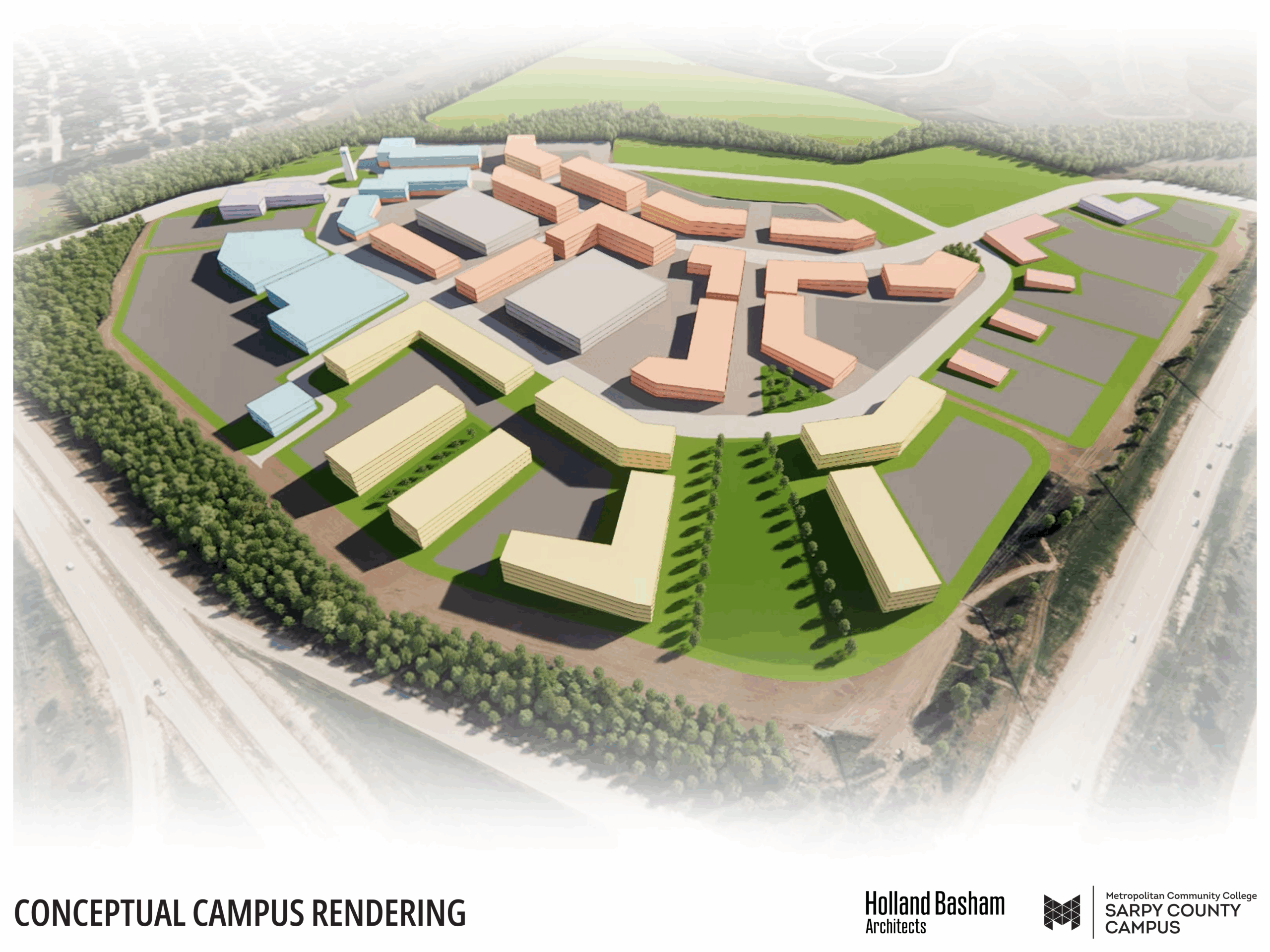MINDDRIVE students pose with their 1967 Karmann Ghia electric car during a road trip to D.C. this week.
 At-risk high school students in Kansas City’s urban core started down a new road when they converted a 1967 Karmann Ghia into an electric car as part of MINDDRIVE, a nonprofit educational program geared toward teaching STEM principles through hands-on learning. Now they’ve finished an important leg of their journeys, driving the car—”fueled” by online social conversation—from KC to Washington D.C.
At-risk high school students in Kansas City’s urban core started down a new road when they converted a 1967 Karmann Ghia into an electric car as part of MINDDRIVE, a nonprofit educational program geared toward teaching STEM principles through hands-on learning. Now they’ve finished an important leg of their journeys, driving the car—”fueled” by online social conversation—from KC to Washington D.C.
“The program gives all of the students a foundation of confidence and an expanded vision of their future that allows them to have a sustainable life,” said CEO Steve Rees in a press release.
About 30 students take part in MINDDRIVE—20 went on the trip—within areas of the project they are most interested in, guided by mentors. The trip kicked off May 31 at Union Station and finished Thursday at Capitol Hill with a briefing hosted by Missouri Congressman Emanuel Cleaver. Along the way, students toured engineering facilities such as the Carnegie Mellon Zero Emissions House in Pittsburgh, Pa., and gave presentations to groups such as employees at Bridgestone Technology Center in Akron, Ohio. They capped off the trip by sharing their story with members of Congress and having the numbers to show there’s public backing for hands-on learning.
They know support exists because the car required online social conversation to start. KC-based digital marketing agency VML set up its social listening platform, SEER, to track Facebook, Twitter, Instagram and YouTube interactions as well as signups for a petition to get government backing of nonprofit programs that provide hands-on education. For example, a follow on Twitter provided 5 watts, a like on Facebook 1 watt and 3 watts for a YouTube view. The group ended up racking up way more “fuel” than necessary—they had about 230,000 social watts by the final day, but only needed 71,000. If they had ever come up short, the battery wouldn’t have started.
“The trip has been a humbling experience … a success yes, but also something more,” MINDDRIVE President Linda Buchner told SPN. “Support has been pouring in from around the world not just for the success of the program and the students’ experiences, but also from people asking how they can get a program like MINDDRIVE started in their community. People are connecting to the students and craving a solution to the same issues that are in every city and rural town in America.”
Credits: Photo from MINDDRIVE on Instagram and video from MINDDRIVE website




